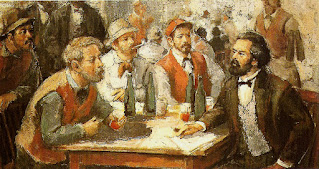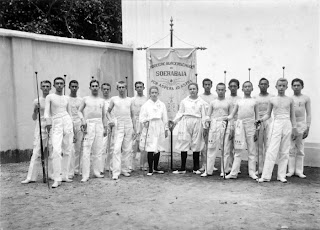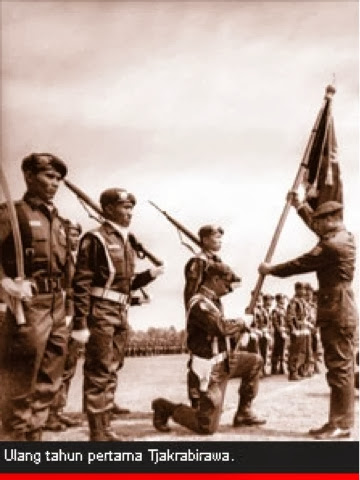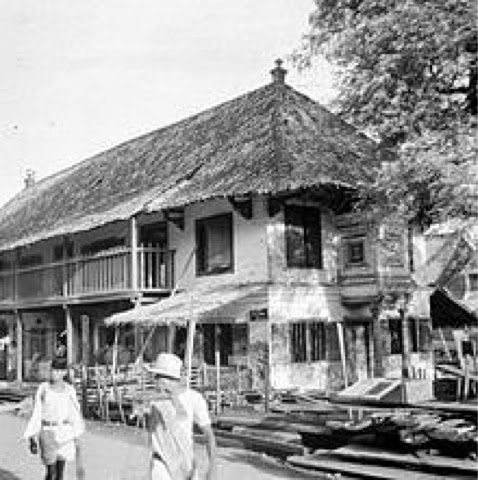Marxism
Marxism
Writing By : Aaron Aristotle S5399203
Marxism is an ideology that has received an unfair label within the modern world as an ideology that focused too much on economics and is often associated with communism.
I personally harbor that prevailing view as well, but my perception of Marxism changed after reading the text. Marxism wants a better understanding of the social processes that constructs the social actors existing in the world today. If liberalism and neorealism both views the actors as individuals looking for their interest and security seeking states, Marxism wants to understand why these actors came to play their roles as either a security seeking state or as individuals looking for their self-interest. Marxism thus views dominant IR theories as ‘profoundly limited and limiting’, and IR viewed in these dominant theories blinds us to the possibilities of a different political systems in the social processes that constructs the world we know today (Dunne et al., 2021, p.130). Rupert sketched out an interpretation of Marxism to ‘explain politics of global production and the production of global politics’, building on Marx’s dialectic social philosophy (Dunne et al., 2021)
Marxism is particularly interested in providing a critique of capitalism. Marxism viewed capitalism as a social product that is historically produced, not a result of human nature and therefore capitalism can be exposed to change. Karl Marx posits a view of human beings as ‘relational’ viewed humanity through a ‘process-oriented’ view (Dunne et al., 2021, p.131). Marx argued that humans lived within a continuum of ‘natural world, social relations and institutions and human persons’. These three must be viewed interrelatedly, and one cannot remove it from each other. As humans needs to survive, they would take resources from the natural world, and Marx believed humans would work together on this and socially organize their productive activity. Marx believed that it is in this process that humans continually develop their world and themselves (Dunne et al., 2021). Then, the capitalist society we live in now is not because of human nature, but it is the result of how we construct our social relations and ourselves. Marxism thus believe that this could be changed if humans are willing to think critically on the current society, we live in.
This understanding of human social life as being in continuous process forms Marx’dialectic view of history. As we stopped looking at history as a given fact of life, and accept that history is written by humans within a specific historical context, then we would be able to discover the social context in which people throughout history base their social relations with each other, what generates this context, and discover tensions that could produce social change (Dunne et al., 2021). Politics is a battle over ‘future worlds’ as Rupert called it, and it is a struggle of determining the process of social, steering the process in a specific direction and generate a society where we can live within it. Freedom is viewed as not an individual freedom, but as a social-self determination where we collectively shape our world.
Marx criticised capitalism in many ways. Marx argued that capitalism is a form of social life that takes commodification to a new level, in which human labor is bought and sold (Dunne et al., 2021). In-line with his theory, capitalism involved both human freedom and unfreedom, as well as empowerment and disempowerment. Marx believed that capitalism brought human society’ productive capabilities to a new high, but it is ‘disabling, exploitative and undemocratic’(Dunne et al., 2021, p.133). It is a contradictory system with tensions and struggles and it could be susceptible to change. In the ’undemocratic’ nature of capitalist society, Marx highlights how capitalism creates a privatization of social powers within the society and effectively condones it off from political deliberations and accountability.
Teschke’s article on geopolitical relations in the Middle Ages represented some of Marx’s ideas and his dialectic approach to history. Teschke first grounded his analysis on history because of the ‘uncertainty about the nature of the contemporary states system’. Rupert argued that inquiries such as what Teschke is doing here could have implications in how we reproduce our contemporary society (Dunne et al., 2021).
In Teschke’s case, he sought to understand how social-property relations affected geopolitical considerations in the European Middle Ages.
Teschke argued that the dynamics and nature of international systems are based on the character of their units within the system and how they govern property relations (Teschke, 1998). Teschke also subscribes to the principles of dialectic thinking of Marx and highlights the ‘contradictory strategies of reproduction’ between lords and peasants in the European Middle Ages. Teschke followed Robert Brenner’s ideas of ‘social property relations’ and highlights the class struggle between property owners and peasants. Because means of subsistence is in control of peasants, the nobility class in the Middle Ages accessed the products via political and military means. As the nobility’s existence hinges upon their position of power (Marx’s social reproduction), control over violence is dominated by the landed nobility (Teschke, 1998). Changes in social-property relations generate changes in geopolitical relations in governing inter-nobility relations. Teschke argued that property relations could ‘explain institutional strctures that, in turn, condition conflictual relations of appropriation explaining the dynamics of change’ (Teschke, 1998, p.327).
Teschke argued that the current capitalist society is defined by he current ‘modern private property’ that explain the current international order. The capitalist order, both Rupert and Teschke believed, separated peasants from the means of subsistence and established a basis for workers to treat their labour as their own (Dunne et al., 2021, Teschke, 1998).
As capitalist society does not tie the laborer to the employer, it is uncommon for employers to use coercive means to extract resources from their labour. This separates economy from the political sphere, in contrast from the feudal society where the nobility could wield force to force laborers do their bidding. This ties directly to Marx’ complaints of the capitalist system as undemocratic. Means of production is controlled by a few group of people that thrives within a depoliticized economic sphere, and the politicians cannot directly intervene as modern capitalist property is the manner in which the current society reproduces itself.
Marxism is very relevant in today’s world, especially as we are growing more and more skeptical of billionaires – the property owners, the 1%- and the 99%. Using Teschke’s neo-Marxism view, we can discover how and why the current capitalist system came to be, and how we may change it.
References
- Dunne, T., Kurki, M., & Smith, S. (2021). International Relations Theories: Discipline and Diversity (5th ed.). Oxford University Press.
- Teschke, B. (1998). Geopolitical Relations in the European Middle Ages: History and Theory. International Organization, 52(2), 325–358. https://doi.org/10.1162/002081898753162848




Comments